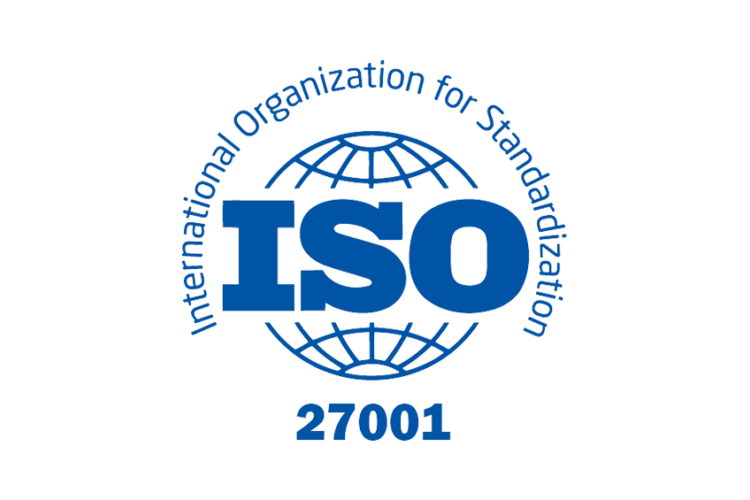Revenue Cycle Management (RCM) is already complex for general healthcare providers, but specialty medical practices face even more unique challenges. Whether it’s oncology, cardiology, dermatology, orthopedics, or any other specialty, the financial workflow must be adapted to high-cost procedures, complex coding requirements, and insurance hurdles.
This blog explores the specific RCM challenges specialty practices face and strategies to overcome them for better cash flow, fewer denials, and improved financial stability.
1. The Unique RCM Challenges in Specialty Medical Practices
Complex and Evolving Medical Coding
Specialties often require detailed, procedure-specific coding that differs significantly from primary care. Coding mistakes can lead to:
- Increased claim denials
- Underpayments or revenue loss
- Compliance risks
For example, oncology billing involves chemotherapy codes, infusion services, and drug administration details, which require precise documentation.
High-Cost Procedures and Reimbursement Delays
Many specialty treatments and procedures are expensive, making timely reimbursement crucial. However, delays in:
- Pre-authorization approvals
- Claims processing
- Insurance reimbursements
can put a strain on cash flow, making it harder for practices to operate smoothly.
Insurance Authorization and Prior Approvals
Specialty practices often require prior authorization for tests, treatments, and medications. Delays or denials in authorizations can result in:
- Treatment delays for patients
- Increased administrative burden on staff
- Lost revenue if approvals are denied post-service
Handling Out-of-Network and Specialty Insurance Plans
Patients visiting specialty practices often have out-of-network insurance or require specialized billing that primary care providers rarely encounter. This results in:
- Higher out-of-pocket costs for patients
- More complex claim filing and appeals
- Frequent need for patient financial counseling
Regulatory and Compliance Issues
Each specialty must comply with specific federal and state regulations, such as:
- Medicare billing rules for durable medical equipment (DME)
- Compliance with HIPAA and the No Surprises Act
- Proper documentation to meet CMS guidelines
Failure to comply can result in audits, fines, and reimbursement clawbacks.
2. Strategies to Overcome RCM Challenges in Specialty Practices
Invest in Specialty-Specific Medical Billing and Coding Expertise
Hiring certified medical coders with specialty knowledge ensures:
- Accurate claim submissions
- Reduction in denials due to coding errors
- Compliance with specialty-specific billing requirements
Outsourcing to an RCM provider specializing in specialty billing, like NYX RCM Partners LLC, can ensure best practices are followed.
Automate Prior Authorization and Eligibility Verification
Technology can significantly reduce the burden of prior authorizations and insurance eligibility checks. Using:
- AI-driven pre-authorization tools
- Automated eligibility verification systems
- EHR-integrated insurance verification
can speed up approvals and reduce claim denials.
Enhance Patient Financial Counseling and Payment Plans
Specialty care often comes with high patient responsibility costs. To prevent unpaid bills:
- Educate patients about their financial obligations upfront
- Offer flexible payment plans
- Use automated reminders for payments
Providing transparency in billing can improve patient satisfaction and reduce bad debt.
Optimize Claims Management and Denial Prevention
Implementing denial management strategies such as:
- Tracking and analyzing common denial reasons
- Setting up proactive appeal processes
- Regular staff training on new payer rules
can help improve claim acceptance rates and maximize reimbursements.
Leverage Data Analytics for Revenue Cycle Improvement
Data-driven insights can identify revenue leakage and optimize RCM processes. Using:
- Predictive analytics for claim approval rates
- KPI tracking for days in A/R and denial rates
- Real-time monitoring of revenue trends
helps in making strategic decisions to improve financial performance.
Work with an Experienced RCM Partner
Managing specialty RCM in-house can be overwhelming. Outsourcing to an expert RCM provider like NYX RCM Partners LLC can help with:
- Comprehensive coding and billing support
- Claim follow-ups and denial management
- Regulatory compliance and financial reporting
A specialized RCM partner ensures smoother revenue cycles and reduced administrative burden.
Conclusion
Specialty medical practices face unique RCM challenges, but proactive strategies can help overcome them. By investing in technology, improving coding accuracy, enhancing patient financial engagement, and outsourcing RCM functions, specialty providers can streamline revenue cycles, reduce denials, and improve financial stability.
For tailored RCM solutions, NYX RCM Partners LLC offers expert support to ensure specialty practices achieve maximum revenue efficiency while maintaining compliance.





